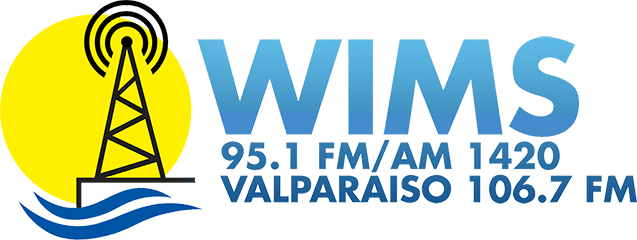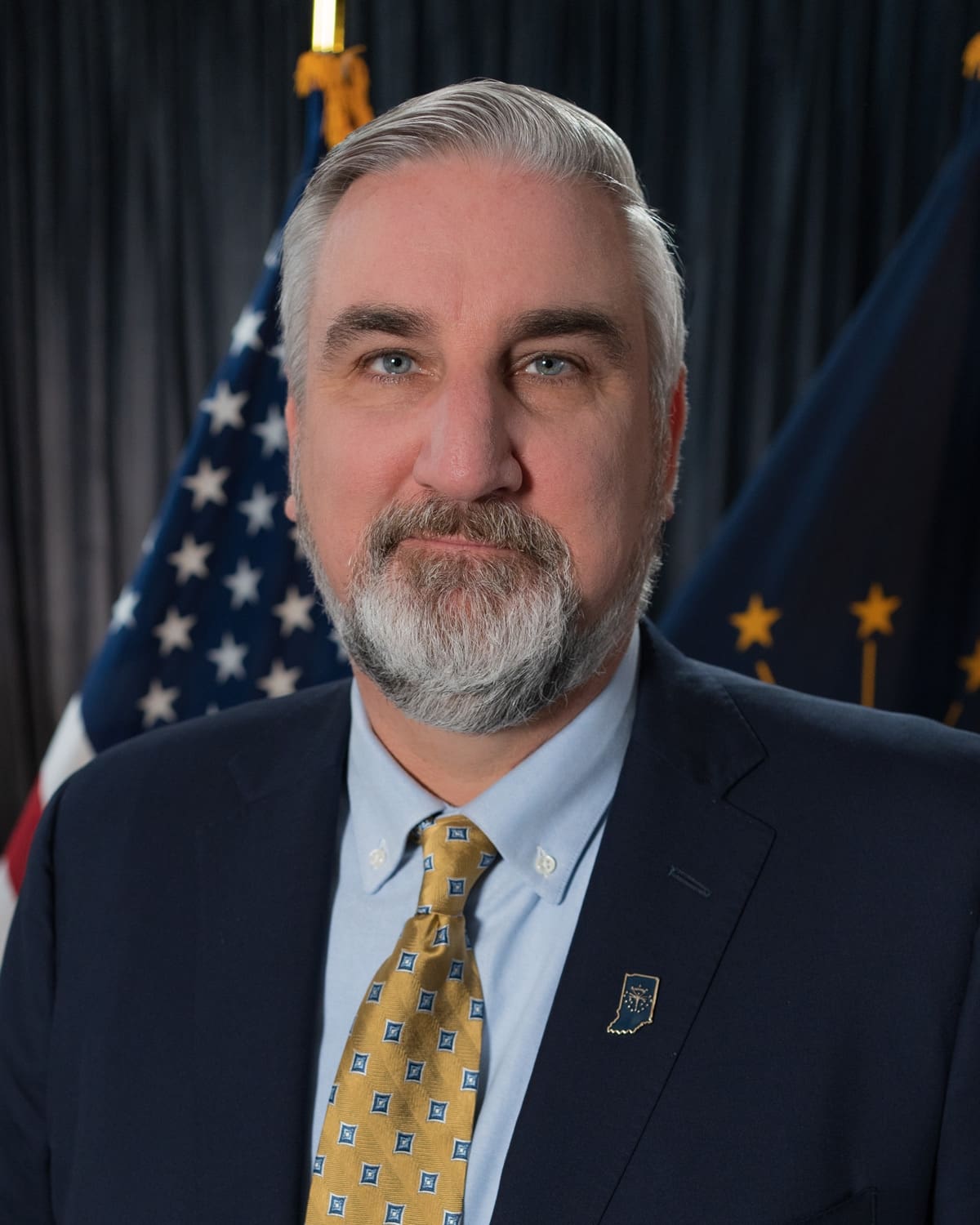Governor Eric Holcomb and the Indiana Commission for Higher Education (CHE) Wednesday announced that over 40,000 students have been automatically enrolled in the 2027 cohort in the 21st Century Scholars program. Automatic enrollment in the 21st Century Scholars program was a key item on the Governor’s 2023 Next Level Agenda to help increase educational attainment.
Created in 1990, the 21st Century Scholars program is nationally recognized and one of Indiana’s keys to narrowing gaps in educational attainment. The scholarship covers up to full tuition and fees at Indiana colleges and universities for students from low-income backgrounds. The Commission estimates over 20,000 additional students will be enrolled in the program for each 8th grade class. Students who are automatically enrolled must still meet subsequent requirements to obtain the scholarship.
“Indiana’s workforce depends on a skilled talent pipeline,” said Gov. Holcomb. “For over 30 years, the 21st Century Scholarship has played a transformative role in getting more Hoosiers prepared to enroll and succeed in college. Automatically enrolling income-eligible students into this life-changing program will lead to greater levels of educational attainment, stronger communities, and a globally competitive workforce.”
Central to the Commission’s strategy, the program has seen significant change this year with recent legislation that allows the Commission to automatically enroll all financially eligible students into the program. HEA 1449-2023, authored by State Rep. Earl Harris Jr., was signed into law by Gov. Holcomb in May after receiving bipartisan support in the Indiana General Assembly.
“This legislation will ensure higher rates of equity for Hoosier students from all walks of life and help more Indiana students achieve a higher education and all the blessings that come with it,” Harris said. “Helping students get enrolled in the 21st Century Scholars program will not just help individual students and their families, but the state as a whole by helping us build a skilled, 21st Century economy. This bill is a testament to the good that can happen when lawmakers work together for the benefit of their constituents, and I look forward to seeing the impacts of this bipartisan piece of legislation for generations to come.”
Gaps in educational attainment call for intentional, focused action
Earlier this year, Indiana Commissioner for Higher Education Chris Lowery called attention to the college-going rate for low-income Black, Hispanic and Latino students in the State of Higher Education Address.
“The college-going rate for students from low-income households who are not part of the 21st Century Scholars program is 30 percent,” Lowery said. “When multiplied by their on-time college completion rate of 27 percent, those students have roughly an 8 percent likelihood of graduating from high school and completing college on time. For Black students, the likelihood is 10 percent, for Hispanic and Latino students, it’s 17 percent. This is unacceptable, and in my view, it is an emergency.”
For Indiana, the 21st Century Scholars program tackles disparities impacting students from low-income households. Since the program’s creation, over 50,000 Scholars have earned a college degree through the scholarship. The Commission’s 2023 College Readiness Report shows that 81 percent of Scholars attended college in 2021 compared to 30 percent of their non-Scholar, low-income peers.
In addition to providing a way to manage the cost of college, the 21st Century Scholars program gives students a peer network and support system, ensuring students have what they need to be successful in college.
About 21st Century Scholars
Indiana’s 21st Century Scholars program is an early college promise program designed to help ensure that every Hoosier
student can afford the opportunity provided by a high-quality postsecondary degree or credential. Income-eligible students who maintain the Scholar Pledge through excellence in school and life can receive a scholarship for up to 100 percent of tuition at an eligible Indiana college or university upon graduation from high school. The program was created in 1990 and celebrates 30 years of success in 2020.

